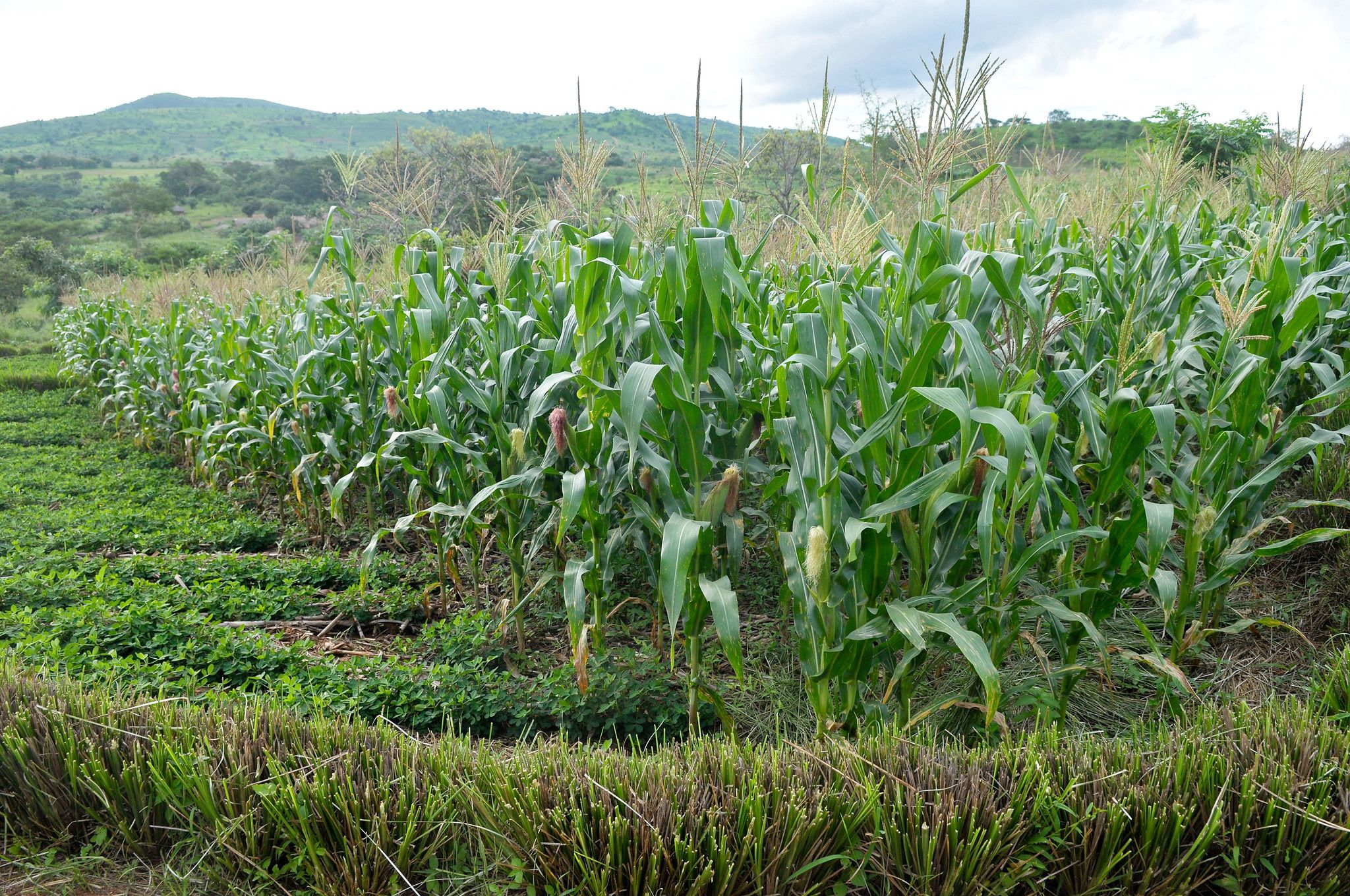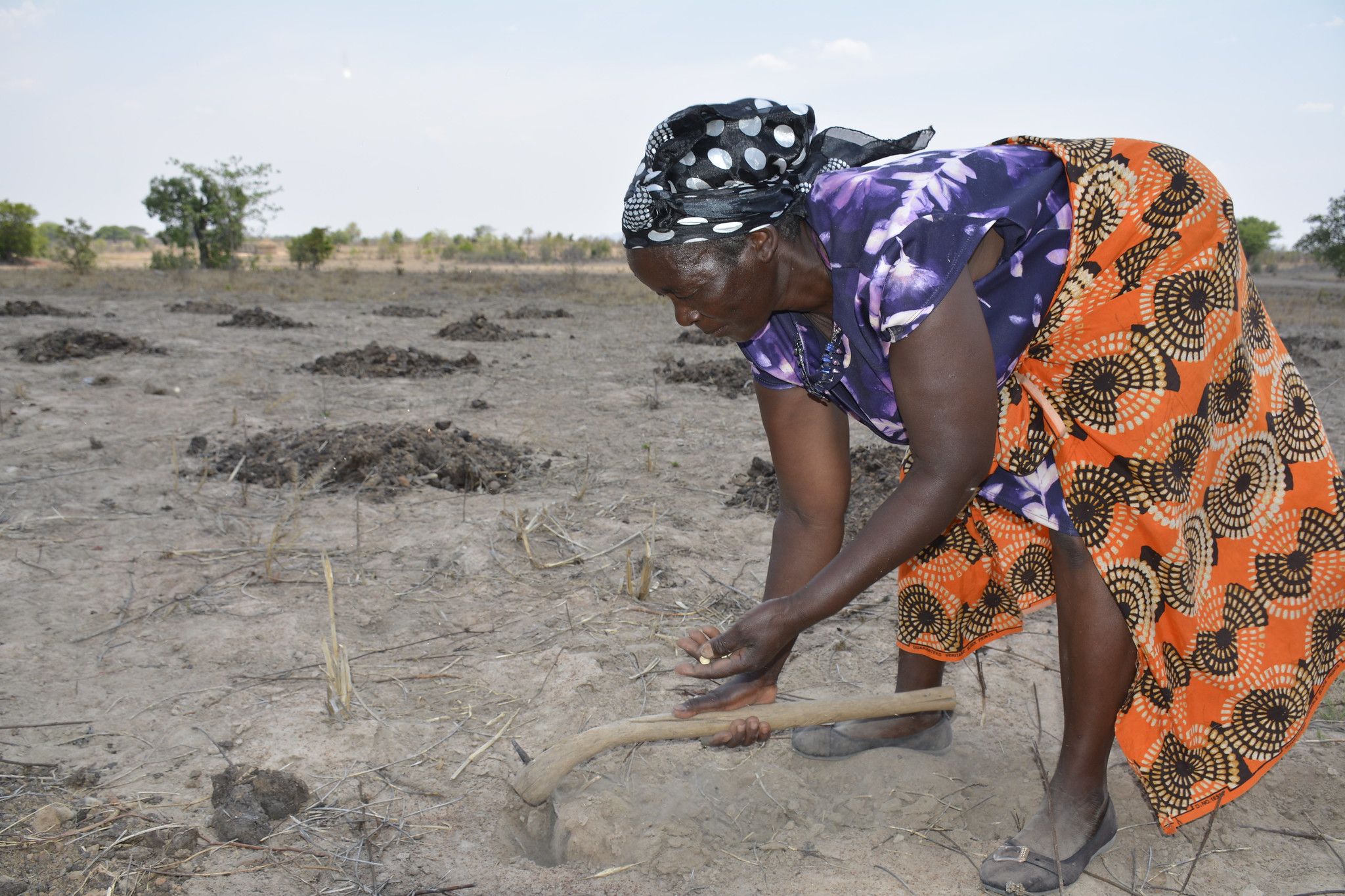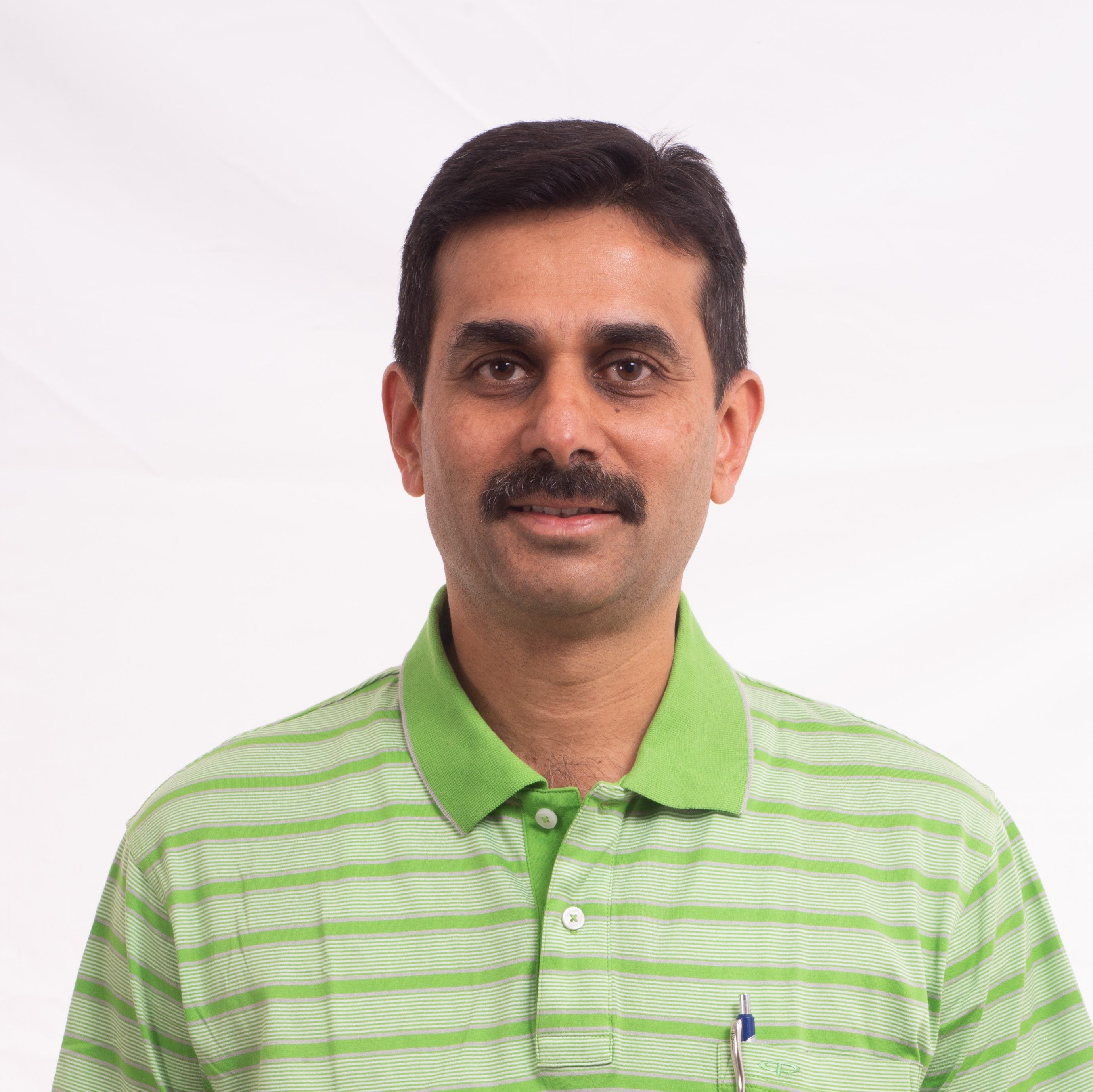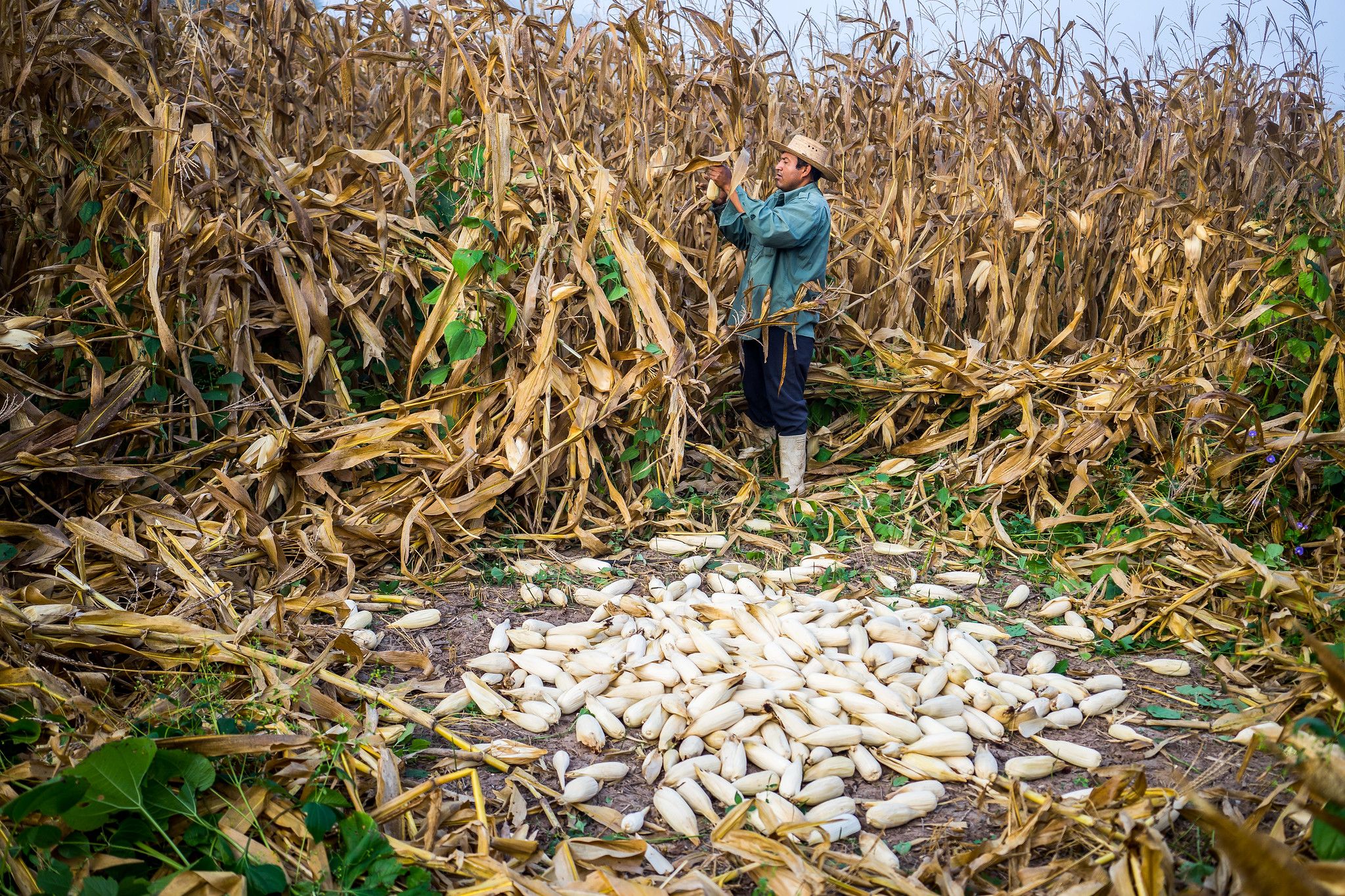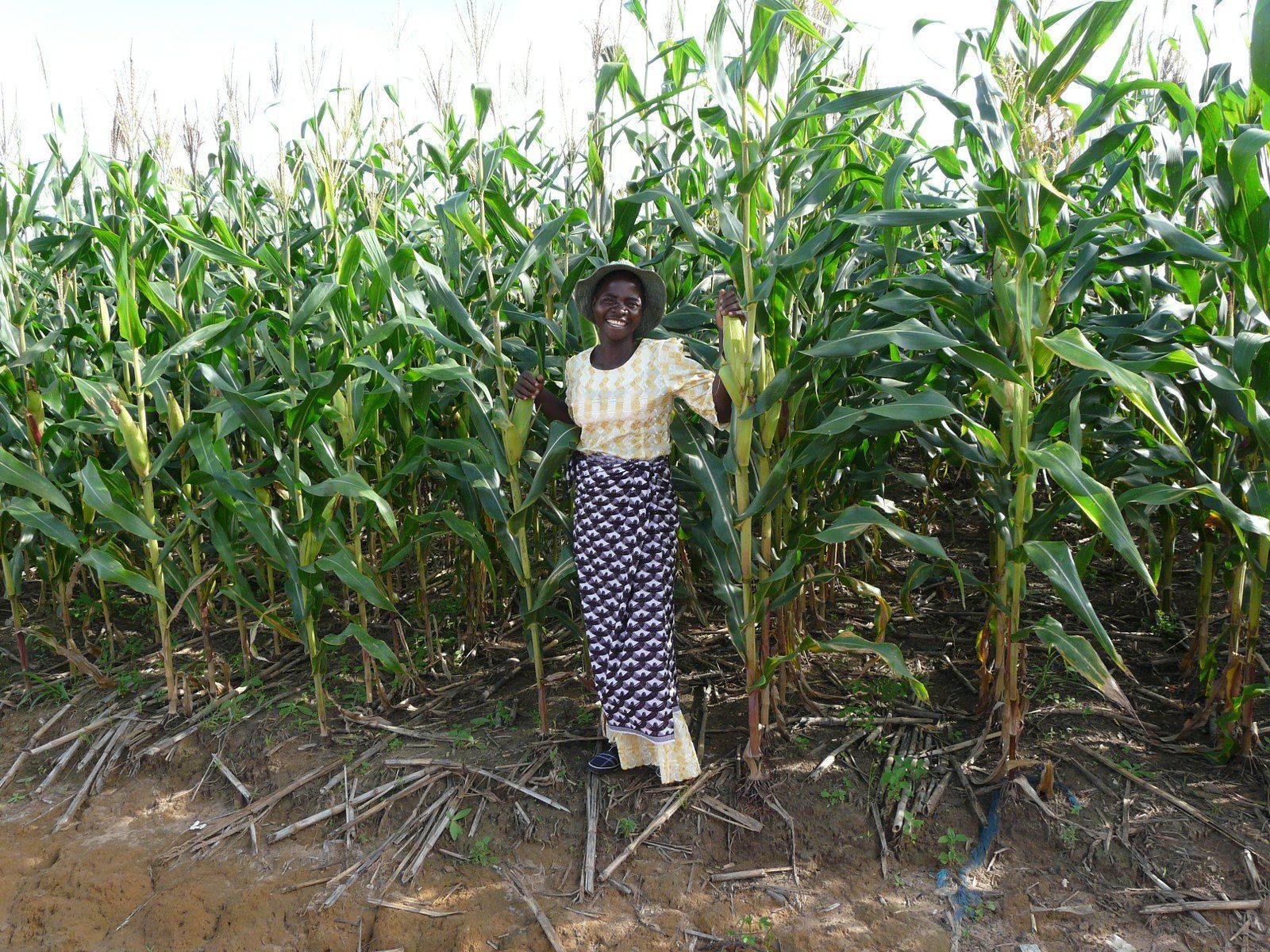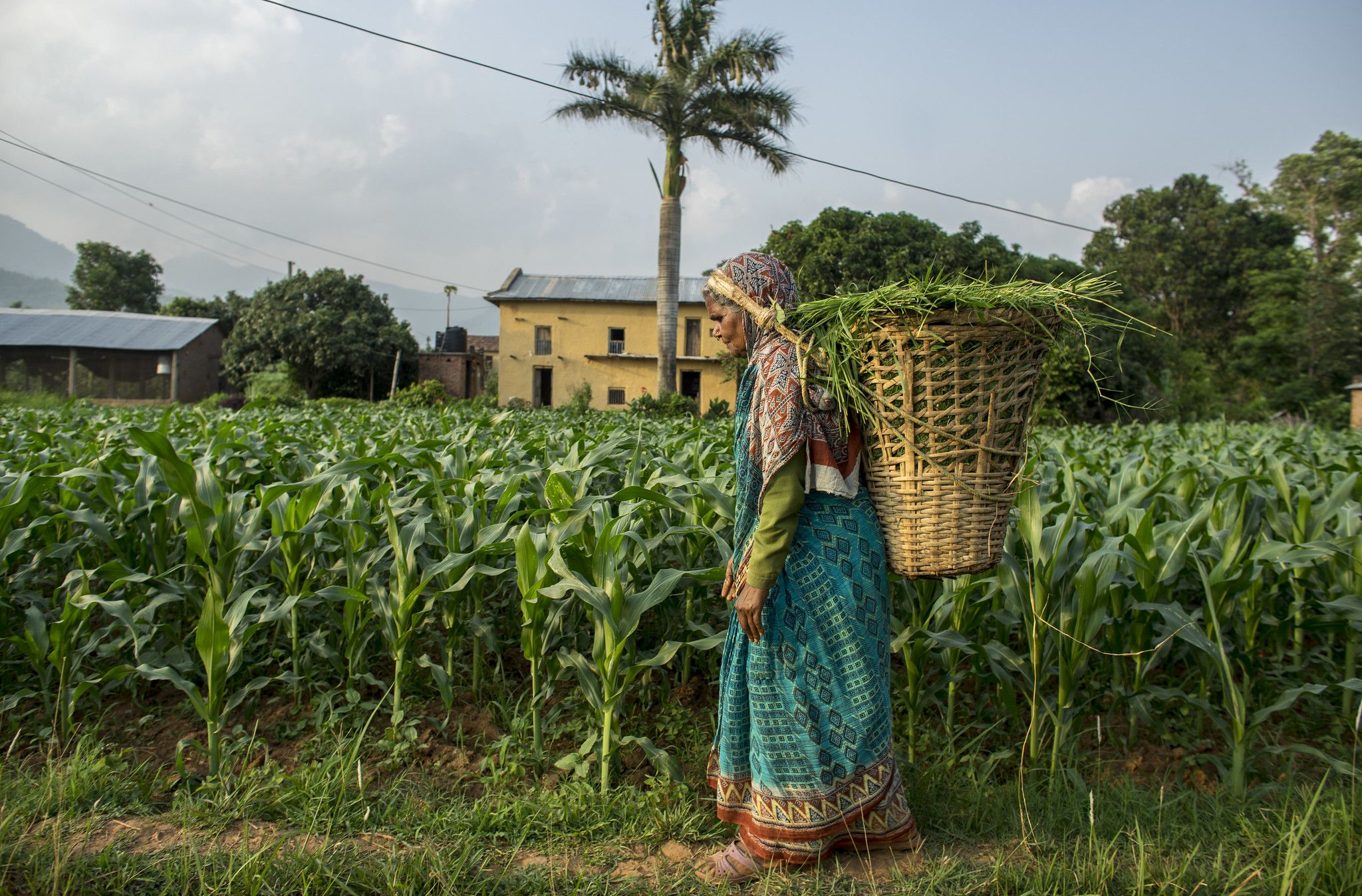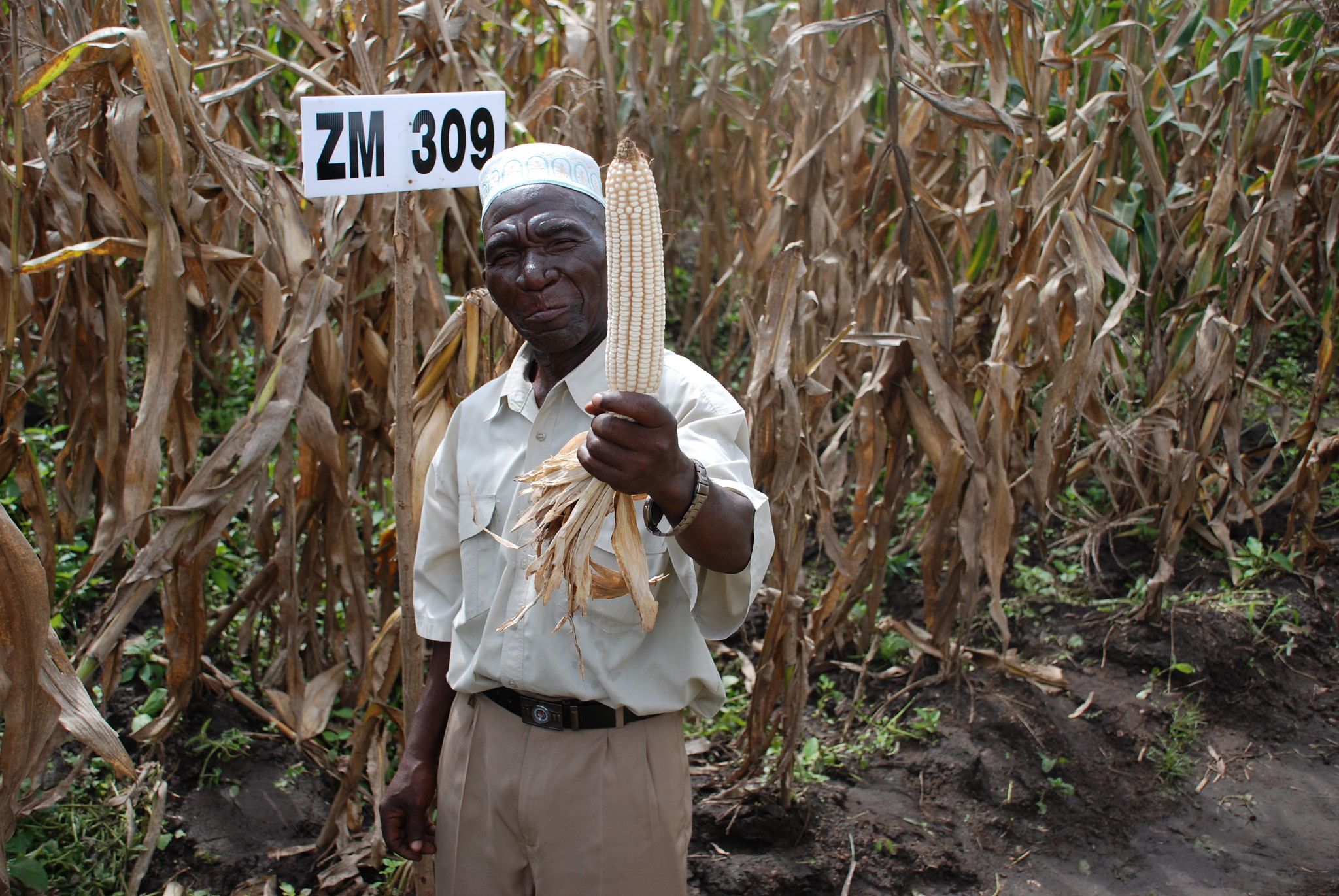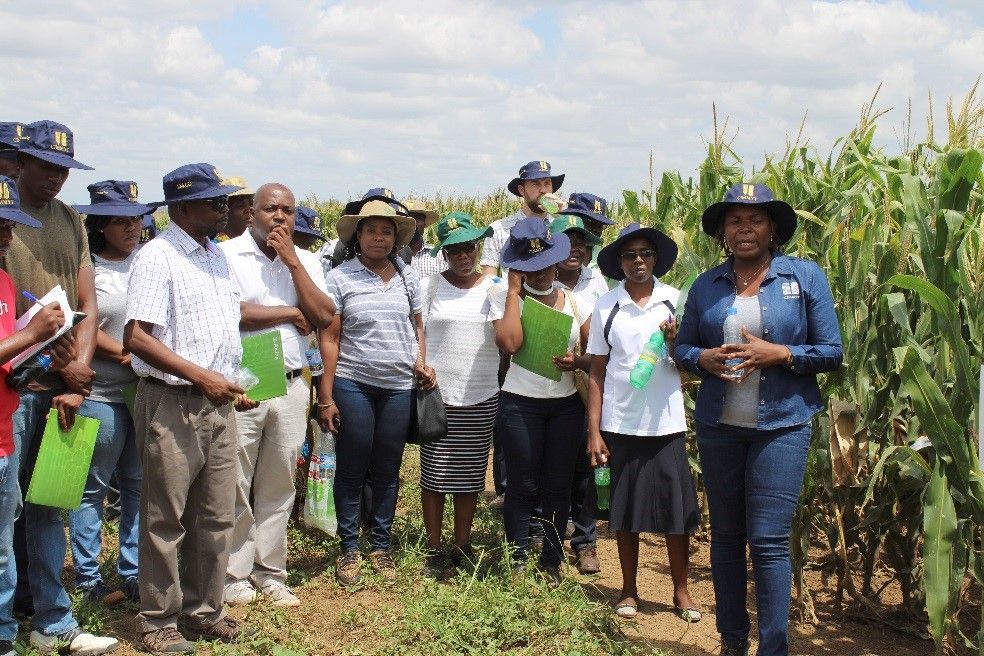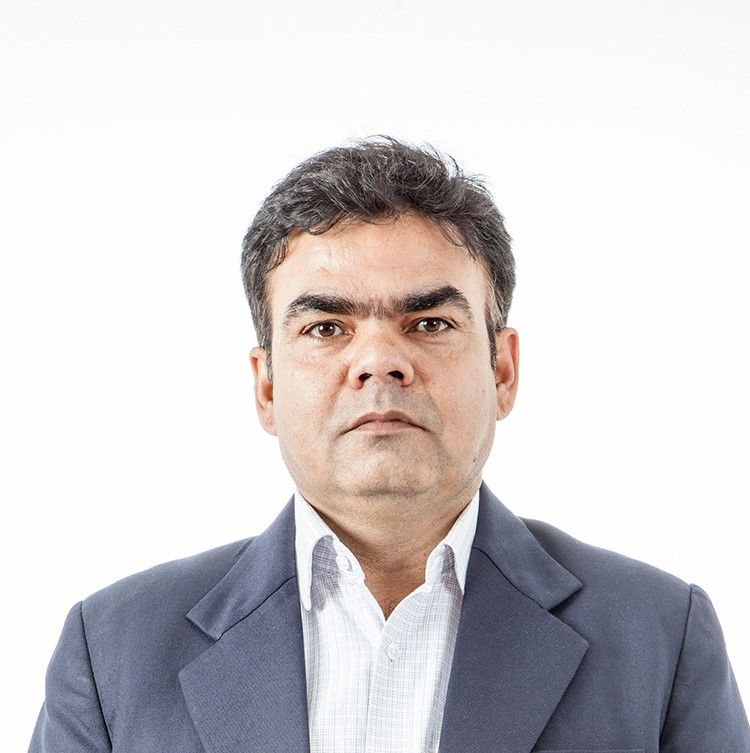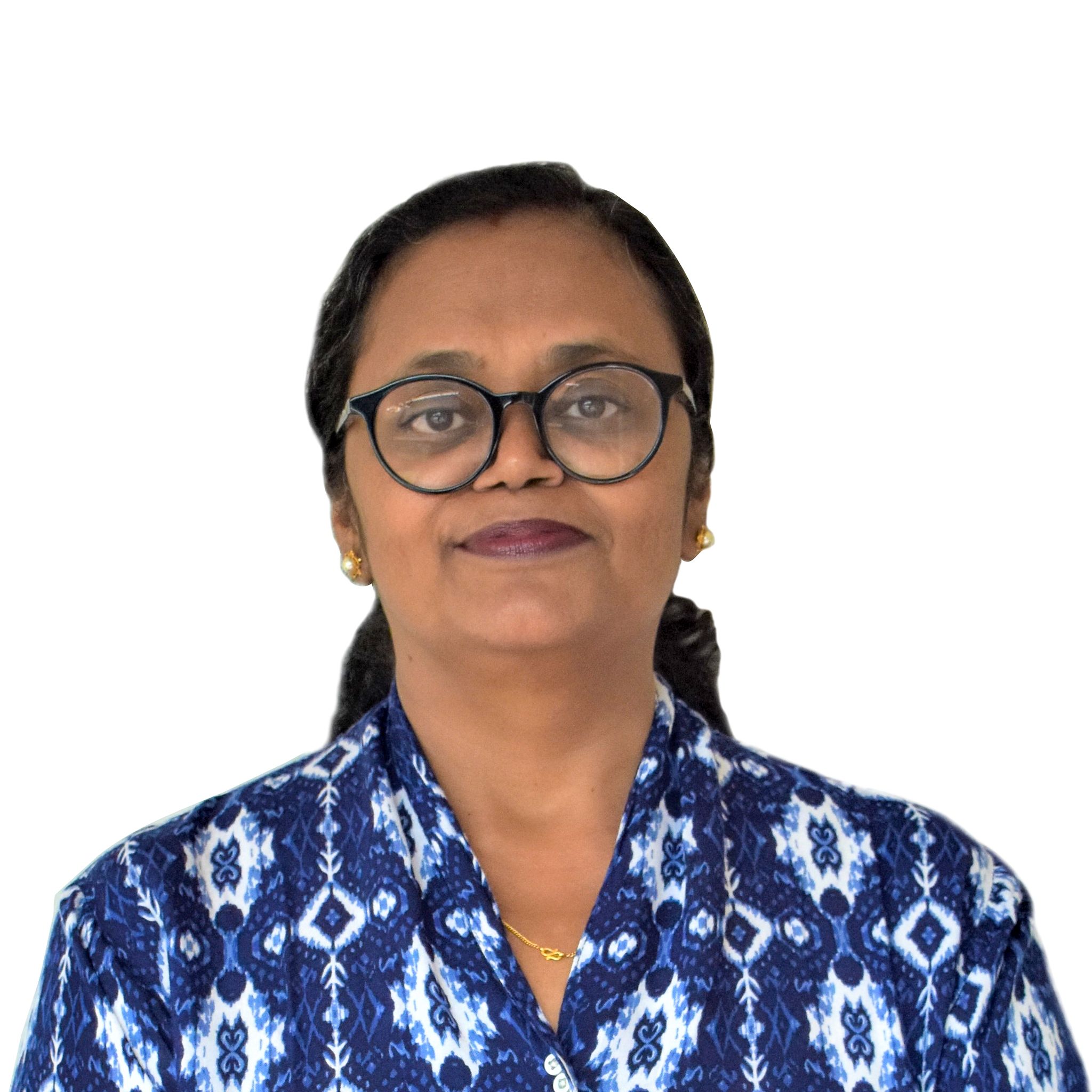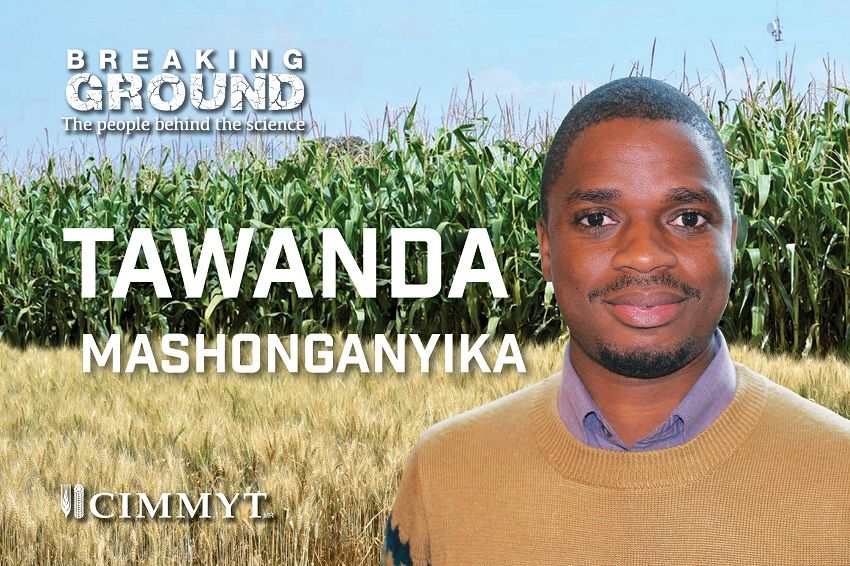research: Maize
Chicago’s tortillas are better than ever, thanks to Masienda’s heirloom corn from Oaxaca
In Mexico there are about 3 million subsistence farmers producing heirloom corn.
CIMMYT and Clinton Foundation launch partnership to improve access to climate-resilient maize seed in eastern and southern Africa
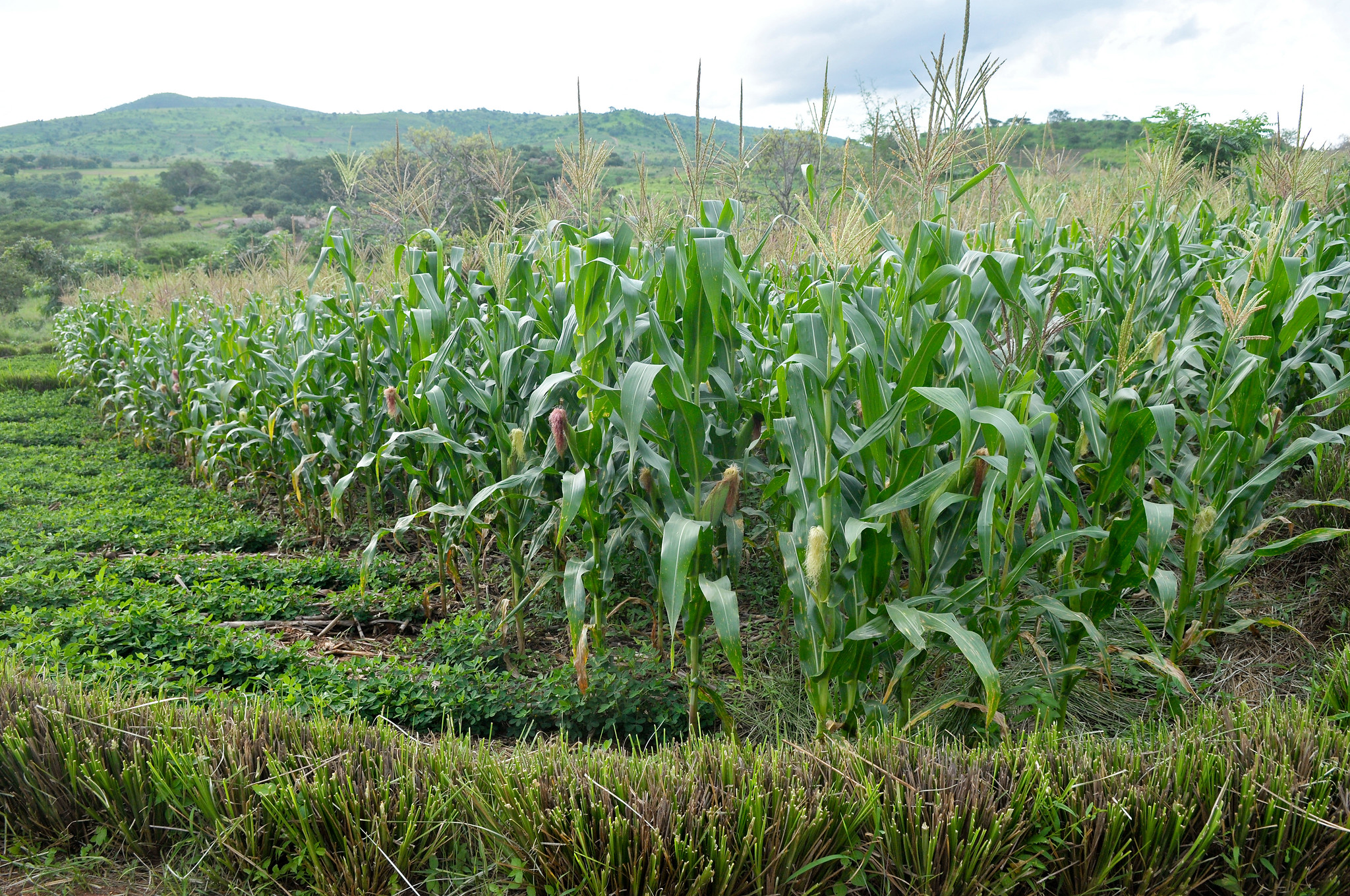
NEW YORK and TEXCOCO, Mexico — Working together to improve access to and availability of climate-resilient maize varieties in eastern Africa, the Clinton Foundation and the International Maize and Wheat Improvement Centre (CIMMYT) are launching a partnership that will not only improve access by smallholder farmers to modern maize varieties but also aim to bolster food security in Malawi, Rwanda and Tanzania. The Clinton Foundation is launching this partnership through the Clinton Development Initiative, which works in the region to improve economic opportunity for farmers through better access to markets, technology, and inputs like seeds and fertilizer.
Farmers in eastern and southern Africa face obstacles in agricultural production with little to no access to formal markets. Improvement in yields are often made more difficult as a result of erratic weather patterns from climate change and limited access to improved seed varieties and quality inputs. Farmers also lack access to information about prices and market opportunities for their crops, making it harder for them to produce and sell.
“Farmers in eastern and southern Africa face increasing threats to their livelihoods, including drought, insect-pests, and diseases. This partnership will improve farmers’ access to modern crop varieties, the quality of their crops, opportunities to market the produce, and food security for their families,” explained Ariana Constant, Director of the Clinton Development Initiative. “We are working together to provide farmers with heat- and drought-tolerant maize seeds to grow stronger, healthier crops and to help reduce the negative impacts of climate shocks.”
Collaboration between the Clinton Foundation and CIMMYT is a natural fit. CIMMYT’s history of creating improved planting materials combined with the Clinton Foundation’s extensive network of trained farmers will support increases in both crop yield and quality. The partnership will also boost production and offset the negative impact of climate-induced stresses. The seed varieties are all non-GMO, in keeping with regulations across Malawi, Rwanda, and Tanzania.
“We are thrilled to join the Clinton Foundation in supporting smallholder farmers in eastern Africa. Our commitment is to effectively deploy improved maize varieties, including drought- and heat-tolerant and disease-resistant varieties available to the Clinton Foundation’s network of farmers,” said Prasanna Boddupalli, director of CIMMYT’s Global Maize Program and the CGIAR Research Program on Maize. “Beyond providing improved maize seeds, we will also collaboratively undertake varietal trials in farmers’ fields, track genetic gains in farmers’ fields over time, and share the findings with the broader agricultural community in eastern and southern Africa”, Prasanna said.
The Clinton Foundation has a strong track record of generating steady returns for farmers in the region. In Tanzania, farmers working with the Clinton Development Initiative for every $1 spent on operations has generated $3.80 in additional income for smallholder farmers in Rwanda.
“Today, thanks to our partnership with CIMMYT, we hope to increase yields and quality of maize crop production for our farmers even further. This means helping farmers to take a sustainable, scalable and transformative approach to production,” said Ariana Constant.
To learn more about the Clinton Development Initiative, please visit https://www.clintonfoundation.org/our-work/clinton-development-initiative. For more information about CIMMYT, please visit https://staging.cimmyt.org/.
About CIMMYT
CIMMYT – the International Maize and Wheat Improvement Center – is the global leader in publicly-funded maize and wheat research and related farming systems. Headquartered near Mexico City, CIMMYT works with hundreds of partners throughout the developing world to sustainably increase the productivity of maize and wheat cropping systems, thus improving global food security and reducing poverty.
CIMMYT is a member of the CGIAR System and leads the CGIAR Research Programs on Maize and Wheat, and the Excellence in Breeding Platform. The Center receives support from national governments, foundations, development banks and other public and private agencies.
About the Clinton Development Initiative
At the inaugural meeting of the Clinton Global Initiative in 2005, President Clinton made a commitment to improve economic growth in Africa. From this commitment, President Clinton began the Clinton Development Initiative (CDI), to help support smallholder farmers and families in Africa to meet their own food needs and improve their livelihoods.
When families are empowered to secure their own food and support themselves financially, communities become more resilient – economies grow, jobs are created, and together, we build a strong foundation for the future.
Media contacts:
CIMMYT: Genevieve Renard, Head of Communications. g.renard@cgiar.org
Clinton Development Initiative: press@clintonfoundation.org
To manage El Nino-related crop distress in eastern and southern Africa, invest in drought-tolerant seeds and better soil and water care
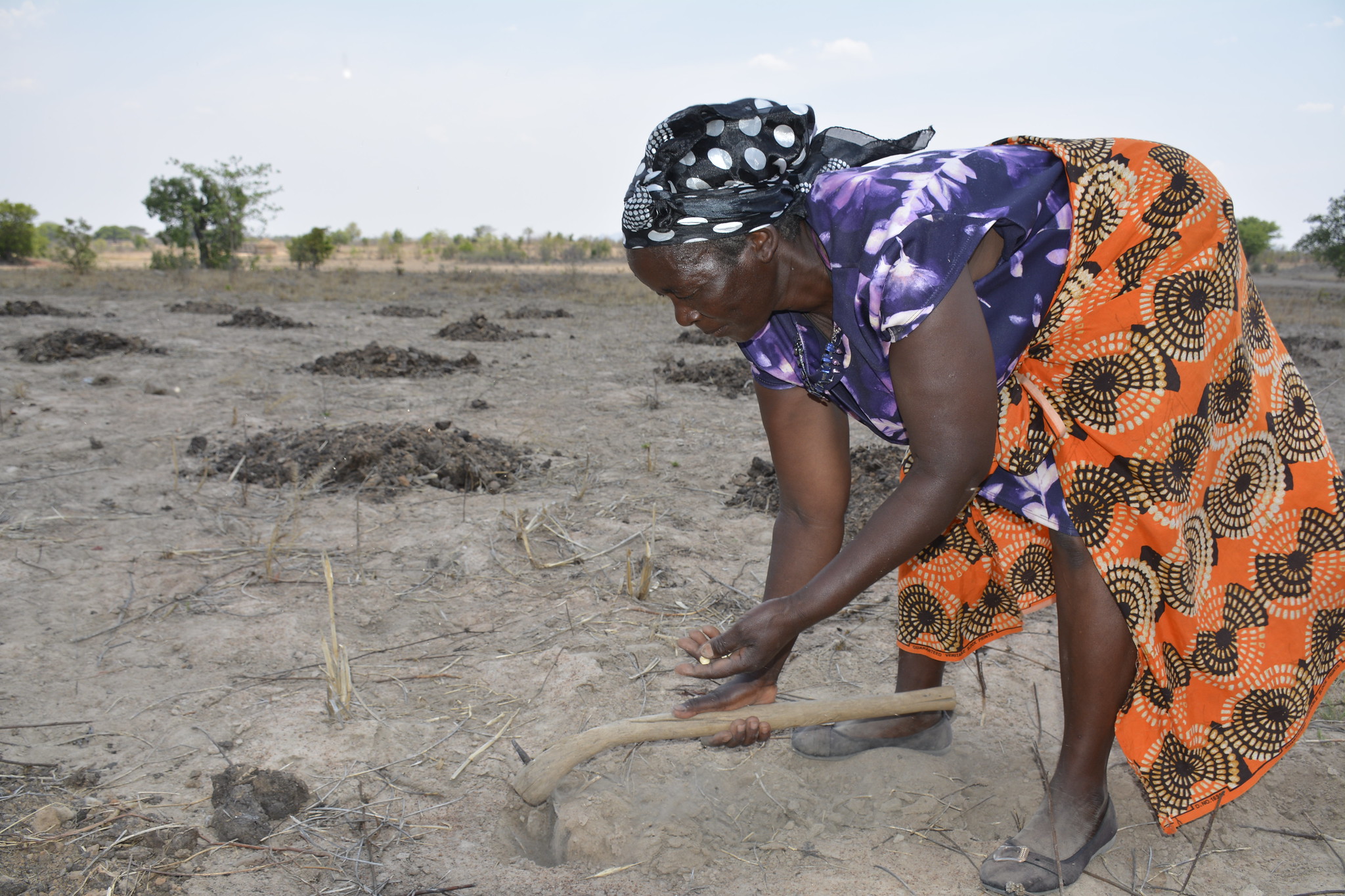
NAIROBI, Kenya (CIMMYT) — To mitigate the impact of the current drought affecting millions of farmers living in Kenya and other areas of eastern and southern Africa, agriculture experts from the International Maize and Wheat Improvement Center (CIMMYT) call for intensively scaling up climate-resilient seeds and climate-smart innovations, including drought-tolerant seeds and soil and water conservation practices.
The U.S. National Weather Service’s Climate Prediction Center has just warned that abnormally dry conditions are affecting Kenya and other areas of eastern and southern Africa. This year’s El Niño, the second in a period of three years, has led to large pockets of drought across eastern and southern Africa, whose economies still rely heavily on rainfed smallholder farming. These recurrent climate shocks impede growth prospects in the region, as the World Bank recently announced.
In Kenya, farmers are eager to plant their maize seeds for the next cropping season. However, mid-April is already here, and farmers are still waiting for the long rains, which usually arrive by mid-March. The very late onset of the rainy season could lead to a poor cropping season and significantly reduced maize yields for farmers.
To avoid this, Stephen Mugo, CIMMYT’s regional representative for Africa, recommends that farmers shift to planting stress-resilient varieties, like early maturing maize varieties that just need 90 to 95 days to mature, instead of over four months for late maturing varieties. Seeds of such early maturing varieties are available from seed companies and agrodealers operating in maize growing areas.
“If more small farmers in Africa’s drought-prone regions grow drought-tolerant varieties of maize and other staple crops, the farming communities will be better prepared for prolonged dry spells and inadequate rainfall,” said Mugo.
Crop diversification and more sustainable soil and water conservation practices are also recommended to improve soil fertility and structure and avoid soil compaction. When the rains finally come, run-off will be less, and soils will have more capacity to retain moisture.
“Our research shows that conservation agriculture, combined with a package of good agronomic practices, offers several benefits that contribute to yield increases of up to 38 percent,” Mugo said.
To ensure large-scale adoption of sustainable and climate-resilient technologies and practices, farmers should have access to drought-tolerant seeds, as well as information and incentives to shift to climate-smart agricultural practices.
CIMMYT is engaged in many ways to help facilitate this agricultural transformation. The institute works with the African seed sector and national partners to develop and deploy stress resilient maize and wheat varieties through initiatives like Stress Tolerant Maize for Africa and the Wheat rust resistant seed scaling in Ethiopia.
Because late planting may expose maize crops to stronger attacks of pests like the fall armyworm, the research-for-development efforts initiated by the FAW R4D consortium against this invasive pest should be sustained.
More information about CIMMYT’s research on drought-tolerant seed and conservation agriculture can be found on the website of the Sustainable Intensification of Maize Legumes Systems in Eastern and Southern Africa (SIMLESA) project.
For more information or for media interviews, please contact
Jerome Bossuet, Communications Officer, CIMMYT.
J.Bossuet@cgiar.org
ABOUT CIMMYT
The International Maize and Wheat Improvement Center (CIMMYT) is the global leader in publicly funded maize and wheat research and related farming systems. Headquartered near Mexico City, CIMMYT works with hundreds of partners throughout the developing world to sustainably increase the productivity of maize and wheat cropping systems, thus improving global food security and reducing poverty. CIMMYT is a member of CGIAR and leads the CGIAR Research Programs on Maize and Wheat, and the Excellence in Breeding Platform. The center receives support from national governments, foundations, development banks and other public and private agencies.
MasAgro Maize
MasAgro Maize, a component of CIMMYT’s MasAgro project, promotes the sustainable development of both maize grain and seed producers by breeding maize hybrids with conventional technologies and improving native maize seed in collaborative breeding projects with participant farmers. MasAgro’s improved maize seeds are tested in collaboration with the local seed sector that, in turn, commercializes the best adapted materials in Mexico’s growing regions. In 2015, MasAgro Maize’s main results were:
- 16 collaborative breeding trials of native maize were established with participant farmers in eight communities in the state of Oaxaca in southwest Mexico.
- 48 small and medium-sized Mexican seed companies collaborated with MasAgro Maize. Together, they produced 1.2 million 20 kilogram bags containing 60,000 seeds of hybrid maize.
- Participating companies increased sales of MasAgro hybrid seed by 44 percent from 2014 to 2015.
- Local seed companies sold 26 MasAgro hybrids branded under 100 commercial names in 19 states, 78 regions and 257 municipalities of Mexico.
OBJECTIVES
- To have the technology and genetic materials needed to raise average rainfed maize production in Mexico from 2.2 to 3.7 tons per hectare over a 10 year period.
- To increase the use of high-yielding, improved maize seed in Mexico over an area of between 1.5 and 3 million hectares.
- To raise Mexico’s production of rainfed maize between 5 and 9 million tons in 10 years.
- To promote the development of the maize seed industry in Mexico.
- To strengthen food security in Mexico and in the rest of the world.
MasAgro Maize partners are encouraged to apply for licenses to commercialize CIMMYT maize hybrids, following the procedures described in the Allocations page.
Improved Maize for African Soils (IMAS)
African maize farmers must deal with drought, weeds, and pests, but their problems start with degraded, nutrient-starved soils and their inability to purchase enough nitrogen fertilizer. Maize yields of smallholder farmers in sub-Saharan Africa are a fraction of those in the developed world, due mainly to the region’s poor soils and farmers’ limited access to fertilizer or improved maize seed. On average, such farmers apply only 9 kilograms of fertilizer per hectare of cropland. Of that small amount, often less than half is captured by the crop; the rest is leached deep into the soil where plants cannot recover it or otherwise lost.
The Improved Maize for African Soils Project (IMAS) develops maize varieties that are better at capturing the small amount of fertilizer that African farmers can afford, and that use the nitrogen they take up more efficiently to produce grain. Project participants will use cutting-edge biotechnology tools such as molecular markers—DNA “signposts” for traits of interest—and transgenic approaches to develop varieties that ultimately yield 30 to 50 percent more than currently available varieties, with the same amount of nitrogen fertilizer applied or when grown on poorer soils.
The varieties developed will be made available royalty-free to seed companies that sell to the region’s smallholder farmers, meaning that the seed will become available to farmers at the same cost as other types of improved maize seed.
In four years or less, African farmers should have access to IMAS varieties developed using conventional breeding that offer a 20 percent yield advantage over current varieties. Improved varieties developed using DNA marker techniques are expected to be introduced within seven to nine years, and those containing transgenic traits are expected to be available in approximately 10 years, pending product performance and regulatory approvals by national regulatory and scientific authorities, according to the established laws and regulatory procedures in each country.
IMAS is being led by CIMMYT and funded with $19.5 million in grants from the Bill & Melinda Gates Foundation and the U.S. Agency for International Development. The project’s other partners — DuPont-Pioneer, Kenya Agricultural Livestock and Research Organization and the Agricultural Research Council of South Africa — are also providing significant in-kind contributions including staff, infrastructure, seed, traits, technology, training, and know-how.
The second phase of IMAS continues to be implemented through the Seed Production Technology for Africa (SPTA) project.
OBJECTIVES
- Conventional and marker assisted breeding to develop hybrids and OPVs with improved nitrogen use efficiency (NUE) adapted to southern and eastern Africa
- Identification and deployment of native trait alleles to enhance yield under low nitrogen conditions through association mapping and Quantitative Trait Loci mapping
- Development of transgenic maize varieties adapted to southern and eastern Africa with increased yield under severe nitrogen limitation
- Managing NUE varieties for sustainability in African maize cropping systems
- Project stewardship, public awareness and capacity building
- NUE variety registration, release and dissemination in southern and eastern Africa
Hill Maize Research Project (HMRP)
The Hill Maize Research Project (HMRP), funded by the Swiss Agency for Development and Cooperation was initiated in 1999 with the objective of increasing the food security of farm families in the hills of Nepal by raising the productivity and sustainability of maize-based cropping systems. The HMRP went through three phases between 1999 and 2010, the fourth and final phase began in August 2010 and concluded in 2015. There are two key outcomes for the project.
First, farm households in the hills of Nepal, especially those belonging to women, poor and disadvantaged groups, have improved food security and income.
Second, the National Seed Board, the Nepal Agricultural Research Council and the Department of Agriculture enforce quality control in both public and private institutions.
OBJECTIVES
- Farm households in the hills of Nepal, especially of poor and disadvantaged groups, have improved food security and income.
- Available varieties and technologies are used
- Poor and disadvantaged households have increased access to quality maize seed and proven technologies
- Groups/cooperatives supply quality seeds at competitive market prices
- Poor and disadvantaged maize producing households will have access to multiple agricultural interventions for enhanced productivity
- The National Seed Board (NSB), NARC, and the DoA allow decentralization of the source seed production system
- Public and private institutions obtain seed inspection mandate and license
- CBSP/cooperatives manage supply of quality seed
- The NSB and NARC consider HMRP’s experience in variety development, certification and release system
PRINCIPAL COORDINATOR
Nirmal Gadal
Water Efficient Maize for Africa (WEMA)
The Water Efficient Maize for Africa partnership was launched in March 2008 to help farmers manage the risk of drought by developing and deploying maize varieties that yield 24 to 35 percent more grain under moderate drought conditions than currently available varieties. The higher and more reliable harvests will help farmers to feed their families and increase their incomes.
The varieties are being developed using conventional breeding, marker-assisted breeding, and biotechnology, and will be marketed royalty-free to smallholder farmers in Sub-Saharan Africa through African seed companies. The current, second phase of the project (2013–2017) includes breeding for resistance to stem borers—insect pests that seriously damage maize crops in the field—as well as product and production management, promotion with seed companies and farmers, and product stewardship activities.
The project focuses on Kenya, Mozambique, South Africa, Tanzania, Uganda, Zambia and Zimbabwe. The second phase of the project began on February 1, 2013.
OBJECTIVES
- Product development. Develop and test drought tolerant and and insect-pest resistant maize varieties through conventional, molecular, and genetic engineering breeding approaches.
- Regulatory affairs and compliance. Support multi-location testing and commercial release of drought tolerant and insect-pest resistant maize hybrids in the Water Efficient Maize for Africa partner countries.
- Product deployment: Product and production management. Facilitate the marketing and stewardship of drought tolerant and insect-pest resistant hybrid maize seeds, and stimulate private sector investments for sustainable seed production, distribution and us
- Communications and outreach. Support testing, dissemination, commercialization, adoption, and stewardship of conventional and transgenic drought tolerant and insect-pest resistant hybrids in the five target countries.
- Legal and licensing support. Develop and implement appropriate licensing and intellectual property protection mechanisms for Water Efficient Maize for Africa products.
FUNDING INSTITUTIONS
- Bill & Melinda Gates Foundation
- Howard G. Buffett Foundation
- U.S. Agency for International Development
PRINCIPAL COORDINATOR
What’s new in southern Africa?
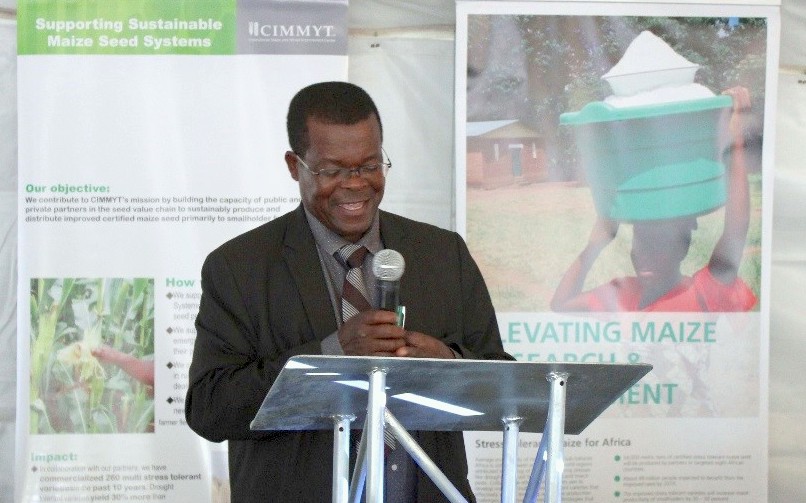
On March 14, 2019, over 200 of the International Maize and Wheat Improvement Center’s (CIMMYT) partners in southern Africa, including national research organisations, private seed companies and funders, attended the annual partners field day in Harare, Zimbabwe.
“For the last 34 years, CIMMYT’s regional office has expanded its research work, from maize breeding to sustainable cropping practices and recently appropriate mechanization and post-harvest,’’ said Cames Mguni, Director of Zimbabwe’s Department of Research and Specialist Services. “The development of drought and heat tolerant maize varieties helps farmers get better yields and cope better during drought years such as the current 2018/19 season.”
Elijah Nyabadza, Dean of the University of Zimbabwe’s Faculty of Agriculture, highlighted the strong collaboration between the University and CIMMYT in conducting joint research and building cutting-edge skills of the next generation of agricultural scientists and practitioners in the region.
Welthungerhilfe country director Regina Feindt said the partner field day was ‘’a very valuable experience and a great opportunity to gain technical know-how and exchange with colleagues across the region.’’
CIMMYT showcases research impact
At the event, CIMMYT country representative for Zimbabwe Cosmos Magorokosho walked partners through breeding lines that include special lines testing for resistance to diseases such as fall armyworm, maize streak virus and weevil. Maize breeder Amsal Tarekegne explained how, in product development, various inbred lines are combined to create new hybrids. These new hybrids, added seed systems specialist Peter Setimela, are made available to smallholder farmers for performance testing for stress tolerance and nutritional traits under different environments before being released to seed companies for multiplication.
Two Zimbabwean seed companies present at the field day highlighted the benefits of collaboration with CIMMYT. Chrispen Nyamuda, an agronomist from Zadzamatura seed company, explained that many varieties popular with farmers, which are heat-tolerant and resistant to diseases like maize streak virus and grey leaf spot disease, were developed thanks to their collaboration with CIMMYT. Another partner from Mukushi Seeds described the working partnership with CIMMYT as mutually beneficial. “We exchange lines, plant in different environments and share the results,” he explained. “We are also tapping germplasm from the world through CIMMYT’s global reach.”
Mainassara Zaman-Allah and Jill Cairns, CIMMYT’s high throughput phenotyping experts, elaborated on how cost-effective remote sensing technologies significantly reduce costs for screening for specific traits and assessing the potential extent of damage caused by pests such as fall armyworm.
Over the last couple of years, CIMMYT has intensified maize breeding efforts aimed at improving the nutritional value of maize, particularly higher content in provitamin A and better quality protein. Maize breeder Thokozile Ndhlela explained that more than 15 new hybrids with higher levels of provitamin A have been released in southern Africa, including five in Zimbabwe.
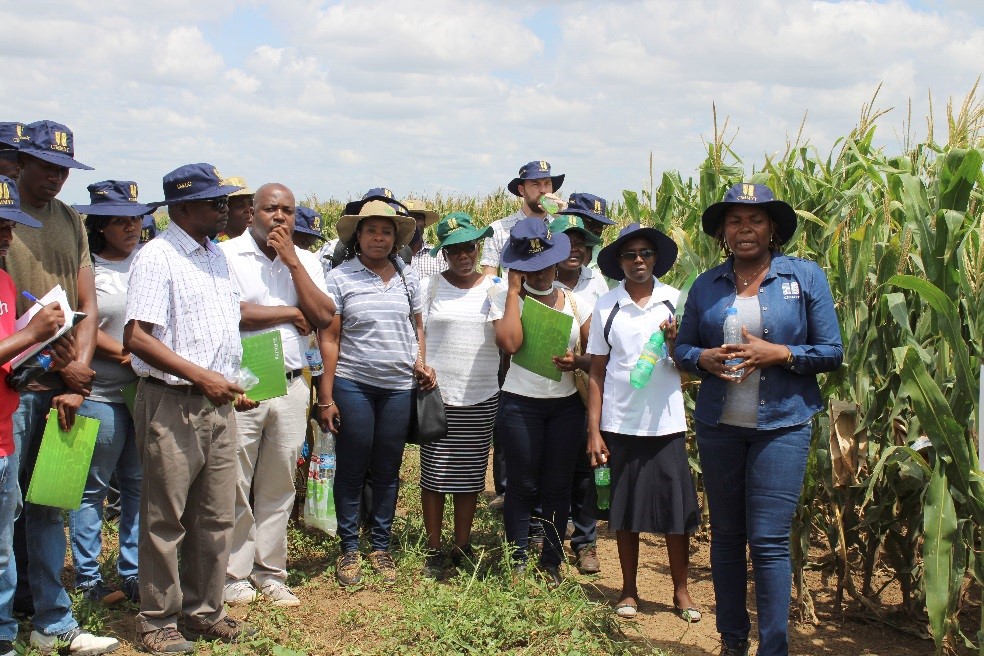
Agronomists Christian Thierfelder and Isaiah Nyagumbo shared some conservation agriculture techniques adopted by smallholder farmers. Farmers can realize better yields and improve their climate resilience by combining conservation agriculture principles such as minimum soil disturbance, crop rotation and soil cover, with use of stress tolerant maize varieties, appropriate mechanization and other complementary practices. Frederic Baudron, who leads the Farm Mechanization and Conservation Agriculture for Sustainable Intensification (FACASI) initiative, explained how small mechanization like two-wheel planters could address labour shortages, reduce drudgery and generate opportunities for rural youth. Significant drudgery reductions have already been observed in wheat planting in Rwanda, and in post-harvest operations like shelling and threshing in Ethiopia and Zimbabwe.
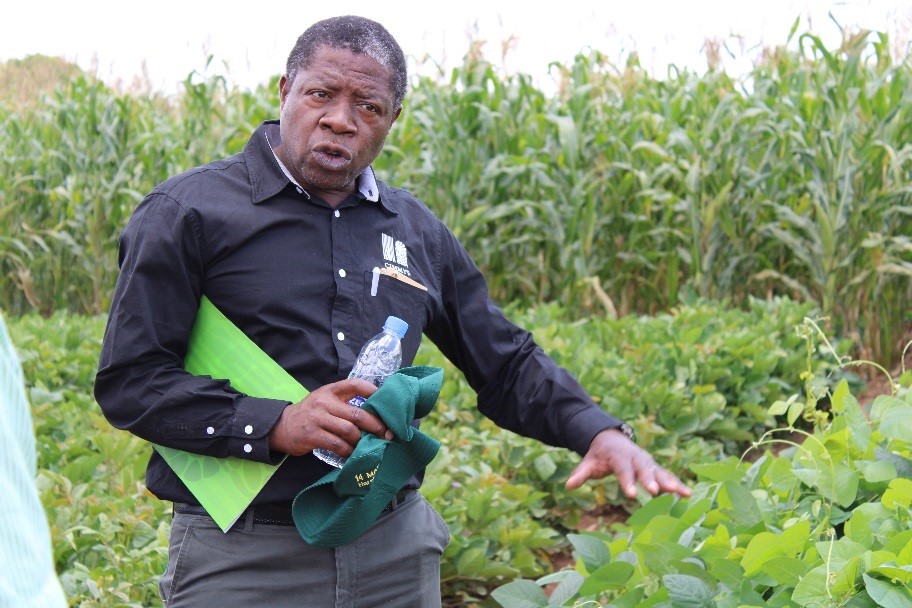
The International Maize Improvement Consortium one year on
Following the annual partners field day, members of the International Maize Improvement Consortium (IMIC) held a field day to select varieties from the IMIC Southern Africa demo plot, which carries a wider selection of materials. Launched in May 2018, IMIC is a public-private partnership initiative established as part of CIMMYT’s mission to increase seed breeding and production innovations.
Participating IMIC members came from seed companies based in Angola, Egypt, Ethiopia, Kenya, Nigeria, Tanzania, Uganda, Zambia and Zimbabwe. At the field day, they were advised by research associate Obert Randi on the layout of the demonstrations for materials under development for different traits, resilience to fall armyworm and maize streak virus, materials improved for vitamin A and quality protein and stress tolerant lines.
After going through the selections, participating IMIC members proceeded to the Quarantine Facility in Mazoe, where they explored around 2,300 double haploid lines undergoing screening maize lethal necrosis (MLN) as well as multiplication for distribution to non-MLN prevalent countries.
The final part of the field day provided space for the members to share research learnings and input on how to move the consortium forward. The field day concluded with an inaugural meeting of the steering committee chaired by CIMMYT regional representative for Africa Stephen Mugo, where participants discussed a number of issues including membership, procedures for conducting field days, training and research prioritization.
Both field days offered an opportunity to highlight the extended impact of CIMMYT’s research in southern Africa through strong partnerships and commitment to research on maize breeding, sustainable farming practices, mechanization and socio-economic impacts of all programming.
P.H. Zaidi
P.H. Zaidi joined CIMMYT in 2007, and has since focused on strengthening the abiotic stress-tolerant germplasm base relevant for the Asian region. He has led efforts to develop abiotic maize germplasm tolerant to stresses including heat, drought, water-logging and anaerobic germination. He has also developed and standardized screening phenotyping techniques, protocols and selection criterion for various abiotic stresses, and supported NARS partners in implementing these into their programs.
Zaidi played a key role in strengthening collaborative research activities between CIMMYT and Asian NARS, as well as initiating research collaborations with new partners in the region. He has organized training courses on abiotic stress breeding and precision phenotyping, and has received several awards for his contributions to maize research, including CIMMYT’s Outstanding Scientist Award in 2009.
Aparna Das
Aparna Das is a Technical Program Manager for the Global Maize Program, working with breeding teams to implement new strategies to improve the product delivery pipeline.
Nicholas Davis
Nicholas provides managerial support to the Global Maize Program, working to magnify CIMMYT’s impact through continuous improvement of the efficiency and effectiveness of the program’s global operations.
He holds an MBA from the Thunderbird School of Global Management, with over 10 years of professional experience across four continents, primarily in the non-profit and international development sectors.
Breaking Ground: Tawanda Mashonganyika unites crop breeders and market experts for more impactful varieties
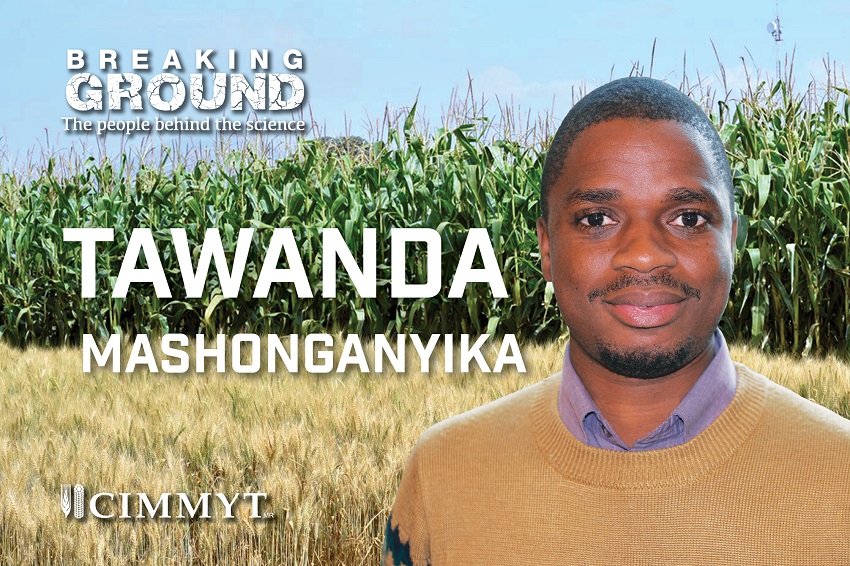
The low rate at which farmers adopt improved varieties is one of the biggest obstacles to overcoming food insecurity. The average maize variety grown by farmers in sub-Saharan Africa is 15 years old, even though maize breeders have been releasing more than 50 new varieties every year.
When it comes to climate change, for example, thanks to a plentiful arsenal of genetic diversity crop breeders are developing varieties adapted to increased heat and drought, but farmers continue to grow crops developed for the climate of yesterday.
One part of the answer is that it is not enough merely to create a variety resistant to heat, drought or flooding; complex dynamics are at play in crop markets and in farmers’ fields that must be reflected in the design of new varieties.
This where product manager Tawanda Mashonganyika comes in, working for the CGIAR Excellence in Breeding Platform (EiB) out of CIMMYT-Kenya, and one of the first to occupy such a role in the CGIAR system.
“This position is supposed to bring in a business kind of thinking in the way products and varieties are developed,” said Mashonganyika, who studied agricultural economics, agribusiness and value chains at the universities of Reading, U.K. and Queensland, Australia, and has professional experience with crops grown in Africa.
“You need to know who you are developing varieties for, who are your customers and clients, and you also need to design products so that they can have success on the market.”
Mashonganyika’s role is to support CGIAR and national agricultural research system (NARS) breeders to design new varieties focused on replacing older products in a specific market, as opposed to only breeding for an agro-ecological zone. Key to this approach is the involvement of experts from other disciplines such as gender, socioeconomics and nutrition, as well as people involved in the value chain itself, such as food processors, seed producers and farmers.
The outcome of this collaboration is a product profile: a written description of a new product with all the traits needed to replace the variety that currently dominates the target market. The profile serves as a common goal for CGIAR and NARS collaboration, and as a tool to communicate with donors. With the breeding program accountable for delivering a pipeline of new products designed for impact, they can ensure that these varieties also deliver traits such as biofortification to farmer’s fields.
Instead of breeding for all the traits that may be desirable in a new variety, what sets the product profile approach apart is that breeding programs can then focus resources on the traits that will have the greatest impact in the market, and therefore the field. This market-focused approach also enables better collaboration between breeders and experts from other disciplines:
“When you bring a cross-functional team together, you really need to give them an understanding of the desired goal of what we want to design and eventually put onto the market,” said Mashonganyika. “We put an emphasis on data-driven decisions, so it is not just a meeting of experts with different opinions; we always try to create a platform to say ‘we need to follow what the market is saying.’”
“[Non-breeding experts] are usually very excited to talk about the data that they have about markets, and the knowledge that they have about how gender or nutrition affects products on the market,” said Mashonganyika. “There are so many women farmers, especially in Africa, so when you begin to incorporate gender, we are increasing the scope of impact.”
Although actors such as seed producers or food processors may have no breeding expertise, Mashonganyika views their input as essential: “They are the ones that are at the mouthpiece of the market, they eventually take up the varieties and they multiply the seed, so they have very good information.”
One example is a collaboration with the National Agricultural Research Organization (NARO), Uganda, where representatives from private sector seed companies are being included to help breeders better understand their customers. “They give information about seed multiplication processes, and what makes a variety be considered for multiplication in seed systems.”
EiB has created a standardized tool to create product profiles, and 200 were submitted to the growing database in the first three months of the pilot period alone, including profiles submitted by 10 national agricultural research programs in Africa and Asia.
In addition to promoting the use of product profiles, a product manager is also involved ensuring communication and accountability throughout the development of new products.
“With product profiles we say a breeder should be accountable for delivering each product in a certain timeframe,” said Tawanda. “We always emphasize that a breeding program should have an annual product review process, because markets are dynamic, they are bound to change. This is a good habit to ensure that your products remain relevant and designed for impact.”
Although Mashonganyika is one of the first CGIAR product managers, a desire to see greater impact in the field is turning others in the same direction.
“I hope that in the near future we will see other CGIAR centers developing similar positions,” said Mashonganyika.


